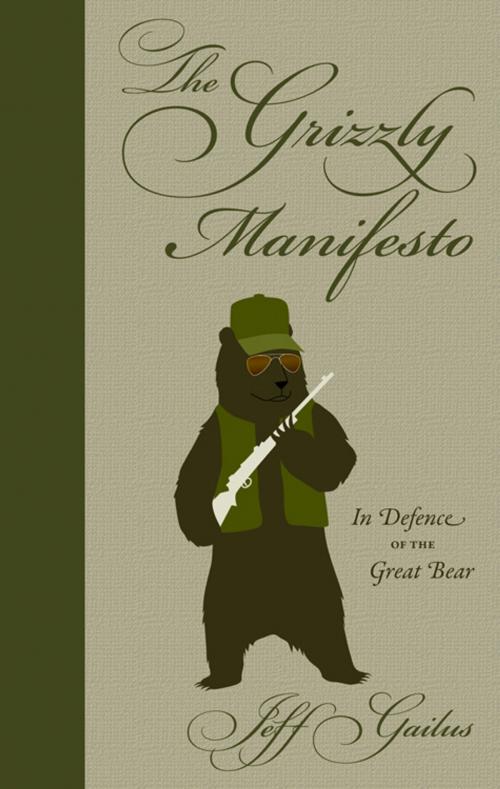The Grizzly Manifesto
In Defence of the Great Bear
Nonfiction, Science & Nature, Nature, Environment, Environmental Conservation & Protection| Author: | Jeff Gailus | ISBN: | 9781926855196 |
| Publisher: | RMB | Rocky Mountain Books | Publication: | May 24, 2010 |
| Imprint: | RMB | Rocky Mountain Books | Language: | English |
| Author: | Jeff Gailus |
| ISBN: | 9781926855196 |
| Publisher: | RMB | Rocky Mountain Books |
| Publication: | May 24, 2010 |
| Imprint: | RMB | Rocky Mountain Books |
| Language: | English |
Provocative, passionate and populist, RMB Manifestos are short and concise non-fiction books of literary, critical, and cultural studies.
The grizzly bear, once the archetype for all that is wild, is quickly becoming a symbol of nature’s fierce but flagging resilience in the face of human greed and ignorance—and the difficulty a wealth-addicted society has in changing its ways.
North America’s grizzlies have been under siege ever since Europeans arrived. They’d survived the arrival of spear-wielding humans 13,000 years ago, outlived the short-faced bear, the dire wolf and the sabre-tooth cat—not to mention mastodons, mammoths and giant ground sloths the size of elephants—but grizzly bears in much of Turtle Island succumbed to 375 years of unrelenting commercialization and industrialization, disappearing from the Great Plains and much of the mountain West.
Despite their relatively successful recovery in Yellowstone National Park, the bears’ decline continues largely unchecked. And the front line in this centuries-old battle for survival has shifted to western Alberta and southern BC, where outdated mythologies, rapacious industry and disingenuous governments continue to push the Great Bear into the mountains and toward a future that may not have room for them at all.
Provocative, passionate and populist, RMB Manifestos are short and concise non-fiction books of literary, critical, and cultural studies.
The grizzly bear, once the archetype for all that is wild, is quickly becoming a symbol of nature’s fierce but flagging resilience in the face of human greed and ignorance—and the difficulty a wealth-addicted society has in changing its ways.
North America’s grizzlies have been under siege ever since Europeans arrived. They’d survived the arrival of spear-wielding humans 13,000 years ago, outlived the short-faced bear, the dire wolf and the sabre-tooth cat—not to mention mastodons, mammoths and giant ground sloths the size of elephants—but grizzly bears in much of Turtle Island succumbed to 375 years of unrelenting commercialization and industrialization, disappearing from the Great Plains and much of the mountain West.
Despite their relatively successful recovery in Yellowstone National Park, the bears’ decline continues largely unchecked. And the front line in this centuries-old battle for survival has shifted to western Alberta and southern BC, where outdated mythologies, rapacious industry and disingenuous governments continue to push the Great Bear into the mountains and toward a future that may not have room for them at all.















